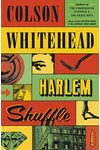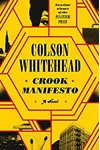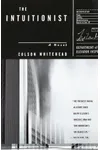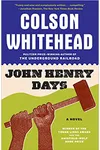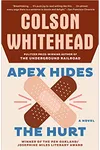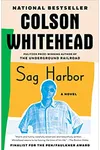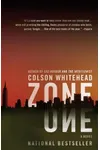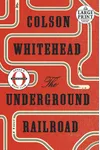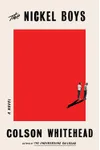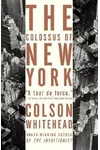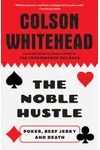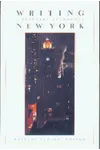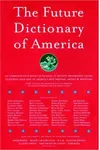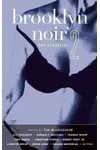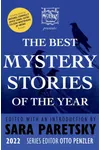Picture a Manhattan-born storyteller who weaves history, race, and speculative twists into unforgettable novels—meet Colson Whitehead! Born in 1969, this Pulitzer Prize-winning author has captivated readers with genre-defying works like The Underground Railroad and The Nickel Boys, blending raw realism with imaginative flair to explore America’s past and present.
Whitehead’s ability to tackle heavy themes with wit and originality has earned him a MacArthur Fellowship, a Guggenheim Fellowship, and a devoted following. Ready to dive into his world? Let’s explore the life, works, and impact of this literary trailblazer!
The Making of Colson Whitehead
Colson Whitehead grew up in Manhattan, soaking in the city’s vibrant energy. A Harvard graduate, he cut his teeth as a journalist, writing sharp reviews for The Village Voice. His love for literature, from comic books to classic novels, shaped his eclectic style. In 1999, his debut novel, The Intuitionist, a bold mix of noir and allegory, announced his arrival as a daring new voice.
Influenced by writers like Ralph Ellison and Toni Morrison, Whitehead drew on history and culture to craft stories that resonate. His early career wasn’t without struggle—balancing journalism and fiction took grit—but his persistence paid off, launching a career that would redefine contemporary literature.
Colson Whitehead’s Unforgettable Stories
Whitehead’s novels are a masterclass in versatility. The Intuitionist (1999) follows Lila Mae Watson, an elevator inspector in a racially divided city, blending mystery with sharp social commentary. John Henry Days (2001) reimagines the folk hero’s tale, exploring fame and labor through a modern lens.
His 2016 novel, The Underground Railroad, reimagines the historical network as a literal train, earning a Pulitzer Prize for its haunting depiction of slavery. The Nickel Boys (2019), another Pulitzer winner, exposes the brutal realities of a 1960s reform school, weaving hope and heartbreak. Whitehead’s style—vivid, inventive, and unflinchingly honest—tackles race, identity, and resilience with a speculative edge that keeps readers hooked.
From historical epics to satirical romps like Zone One (2011), a zombie thriller, Whitehead defies genre constraints. His ability to blend humor, horror, and humanity makes each book a fresh adventure, earning him comparisons to literary giants while carving his own path.
Why Colson Whitehead Matters
Colson Whitehead’s work transcends storytelling—it’s a lens on America’s soul. His novels illuminate the scars of slavery, segregation, and systemic injustice, yet they brim with hope and humor. By blending fact and fiction, he makes history feel urgent, urging readers to confront the past while imagining a better future.
His accolades—two Pulitzers, a MacArthur “Genius” Grant—reflect his influence, but his true legacy lies in his readers. From book clubs to classrooms, Whitehead sparks conversations about race, resilience, and the power of stories. In a divided world, his voice is both a mirror and a beacon.
About Colson Whitehead
- Born: November 6, 1969, in Manhattan, New York
- Key Works: The Intuitionist, The Underground Railroad, The Nickel Boys
- Awards: Pulitzer Prize (2017, 2020), MacArthur Fellowship (2002), Guggenheim Fellowship (2000)
- Fun Fact: Whitehead once wrote a satirical column about New York City life!
Snag The Underground Railroad or The Nickel Boys and dive into Colson Whitehead’s brilliant, boundary-breaking world!
